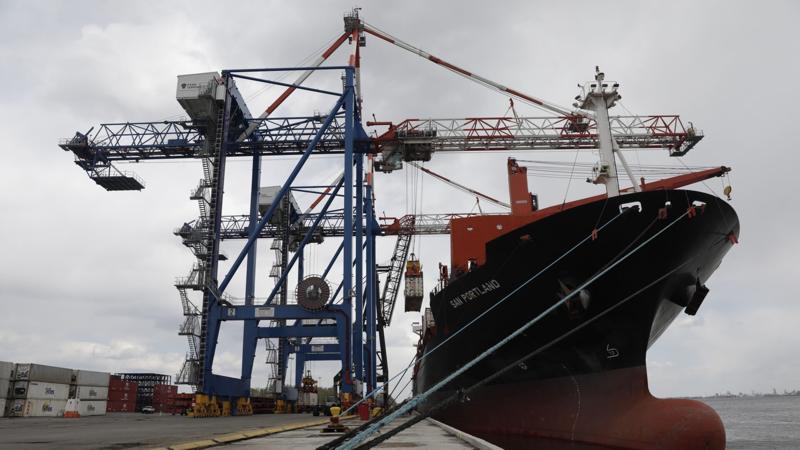Some 50,000 International Longshoremen’s Association members went on strike Tuesday against the East and Gulf Coast ports, snarling the flow of goods in what some predict could be the most disruptive strike in decades.
The strike, which extends from Maine to Texas, could affect everything from bananas to European beer and automobiles.
The International Longshoremen’s Association blamed the United States Maritime Alliance for refusing a contract.
“The Ocean Carriers represented by USMX want to enjoy rich billion-dollar profits that they are making in 2024, while they offer ILA Longshore Workers an unacceptable wage package that we reject,” the union said. “ILA longshore workers deserve to be compensated for the important work they do keeping American commerce moving and growing.”
It’s the first strike at these ports since 1977. The strike will affect 36 U.S. ports handling about half of U.S. ocean imports. Included are Boston, New York, New Jersey and Philadelphia.
Negotiations have been tense since June. The disagreement is between the International Longshore Association and Warehouse Union, which represents port workers across the country, and the U.S. Maritime Alliance, which represents terminal operators and ocean carriers.
Wages of East and Gulf coast workers are a base wage of $39 an hour after six years. The union is asking for a 77% pay raise increase over six years. It is also asking for more restrictions and bans on the automation of cranes, gates, and container movements used to load or unload cargo.






